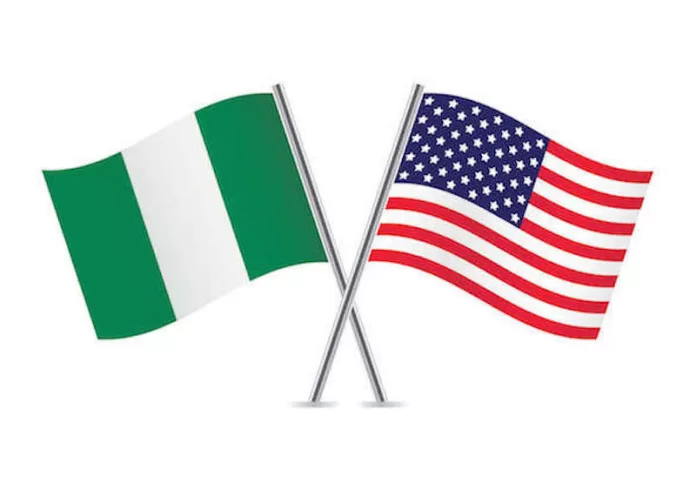Nigeria has confirmed its position as one of the top sources of international students in the United States, ranking seventh globally and remaining the top African country sending students to American colleges and universities.
This was revealed in the 2024 Open Doors Report on International Educational Exchange, released during International Education Week.
The report showed that 20,029 Nigerian students enrolled in U.S. institutions for the 2023/2024 academic year, a 13.5% increase compared to the previous year.
Nigerian students are part of a record number of international students in the U.S. this year—1,126,690 students, the highest number in the 75-year history of the Open Doors Report.
In a statement on Tuesday, the U.S. Embassy highlighted the important role Nigerian students play in American universities.
“Nigeria, with 20,029 students, reinforces its position as the top sending country from Africa and the seventh largest globally,” the statement said.
“More than 55% of Nigerian students in the U.S. are pursuing graduate-level studies, a testament to their academic excellence and commitment to higher education.”
The report also noted that Sub-Saharan Africa is seeing a significant increase in student mobility.
This region experienced a 13% growth in student migration for the 2023/2024 academic year, following an 18% increase in the previous year.

READ ALSO: JAMB Begins Centre Accreditation for 2025 UTME
Sub-Saharan Africa is now the fastest-growing region in terms of international student mobility for the second year in a row.
“The influx of Nigerian students is a testament to the robust educational ties between the U.S. and Nigeria,” the report stated.
The increase in Nigerian student enrollment shows not only the high demand for U.S. education but also the strong ties between the two countries.
These connections are strengthened by educational exchanges that help promote mutual understanding and global collaboration.
The Open Doors Report, which is published by the Institute of International Education in partnership with the U.S. Department of State, serves as a key resource for tracking global educational exchange.
The report was released during International Education Week, an initiative aimed at encouraging cross-cultural learning and inspiring future leaders to study in the United States.

